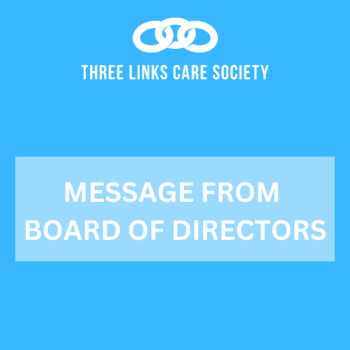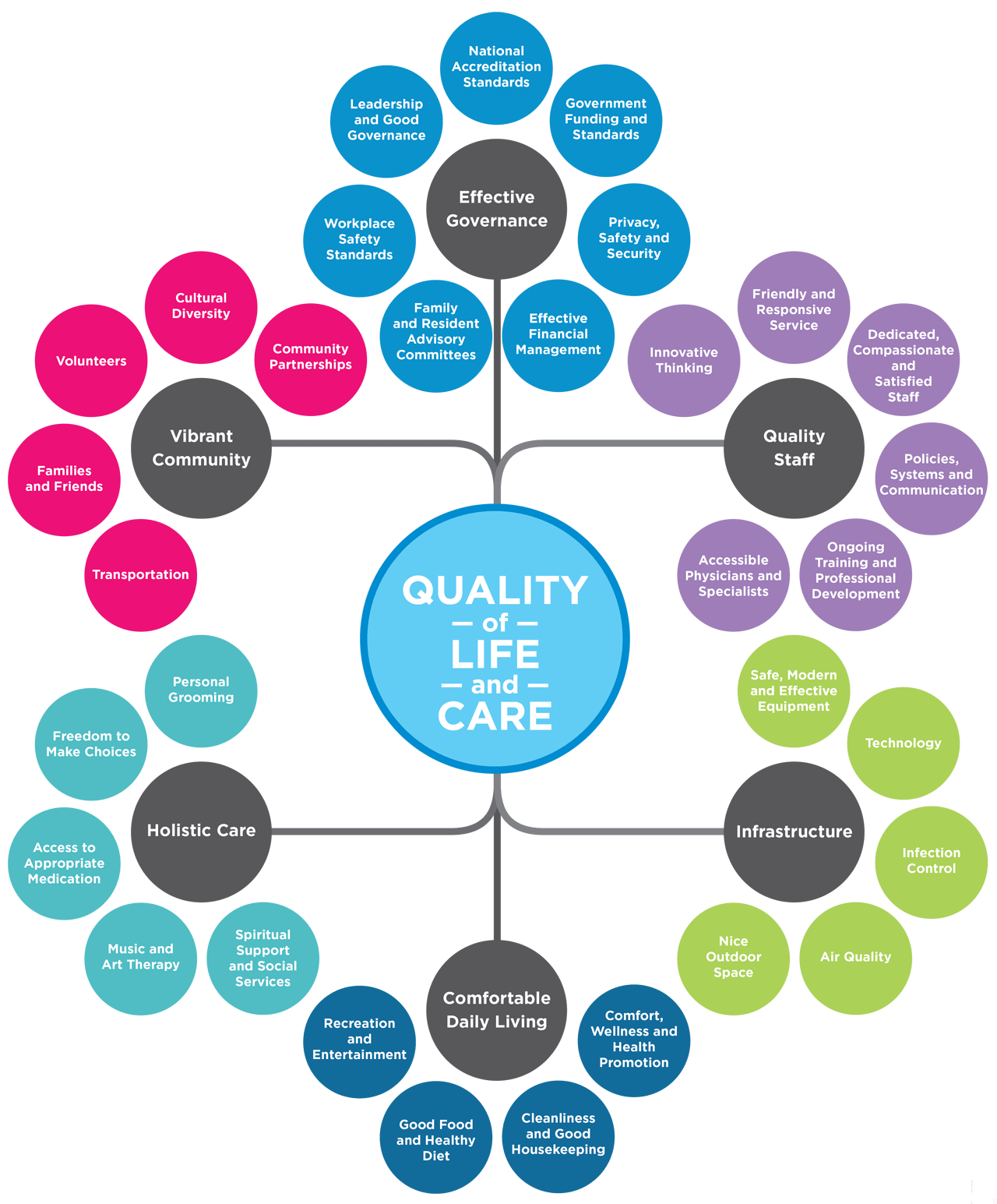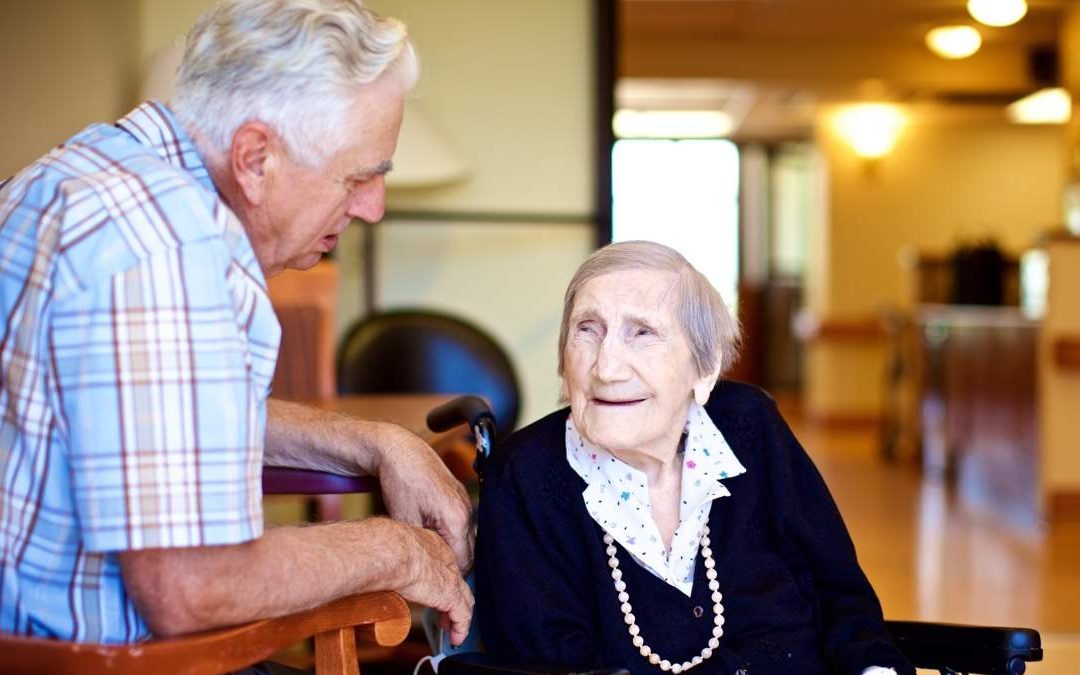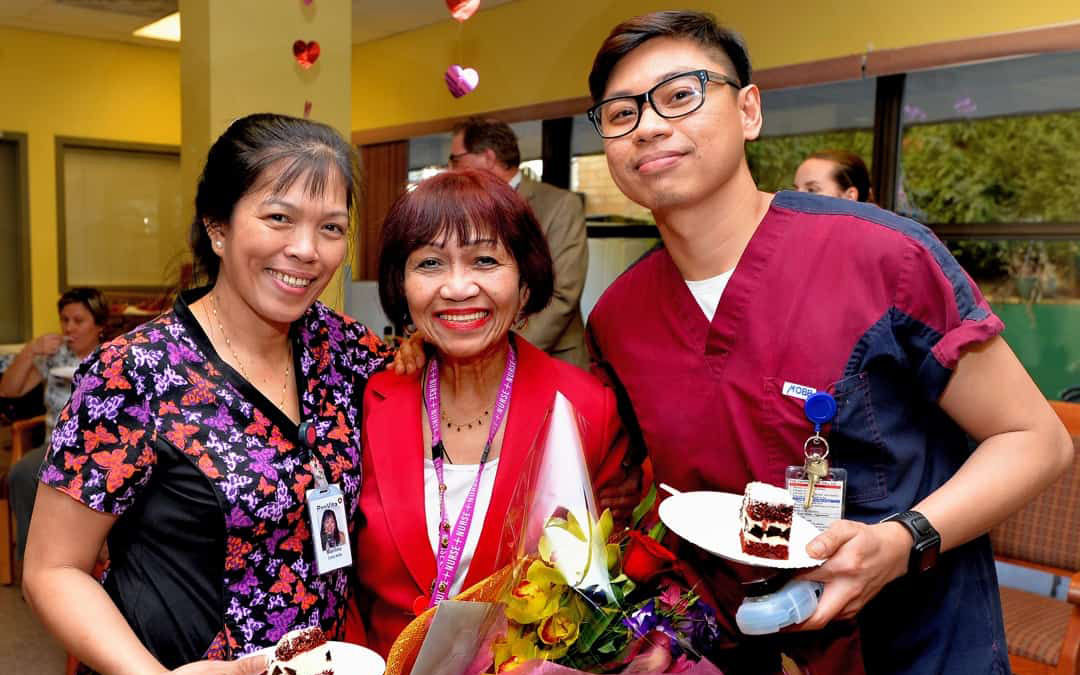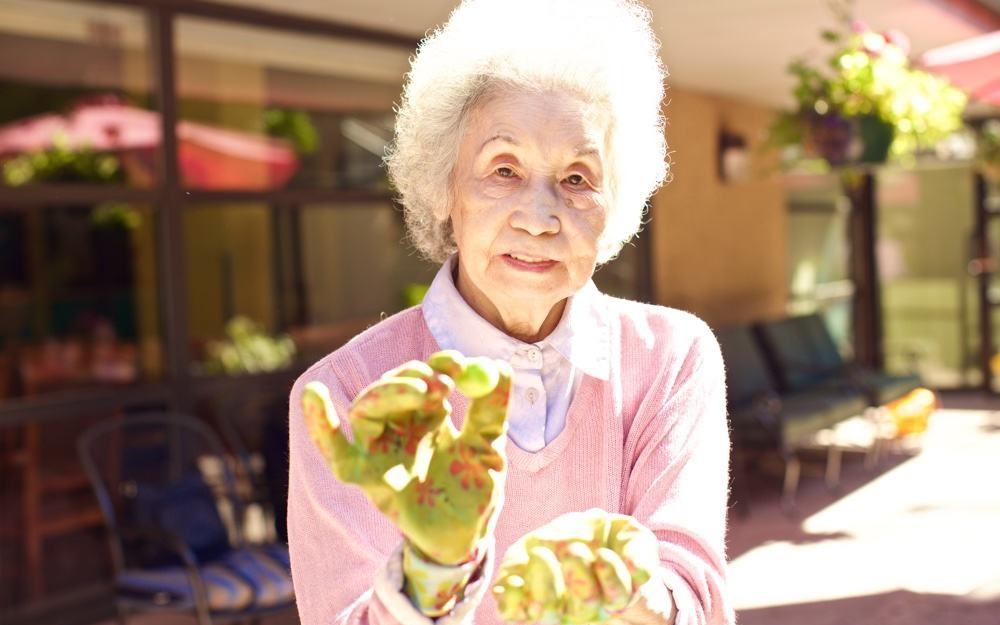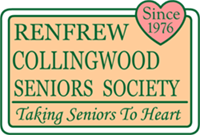FOR IMMEDIATE RELEASE
October 22nd,
LTC Charities Face Financial Collapse Starting Next Year — Thousands of Seniors’ Beds at Risk
Vancouver, B.C. — Charitable long-term care (LTC) providers across British Columbia continue sounding the alarm after Health Minister Josie Osborne confirmed the government will end pandemic pay supplements for LTC providers on October 31, despite warnings the decision will lead to fewer beds, longer waitlists, and increased pressure on families and communities.
Osborne stated the program was “essential at the time” but claimed it is no longer needed. This characterization is simply false. Staffing shortages did not disappear when the pandemic ended. Overtime and agency staffing remain critical to meeting care standards and keeping beds open. This is not just a Vancouver issue—it’s a province-wide crisis.
“We want to be treated fairly. Overtime is still being funded for government-owned and operated facilities, yet charities are being told to absorb these costs. That’s not equity—it’s a double standard.” said Janice Boyle, CEO of The Three Links Care Society.
The Numbers Tell the Story
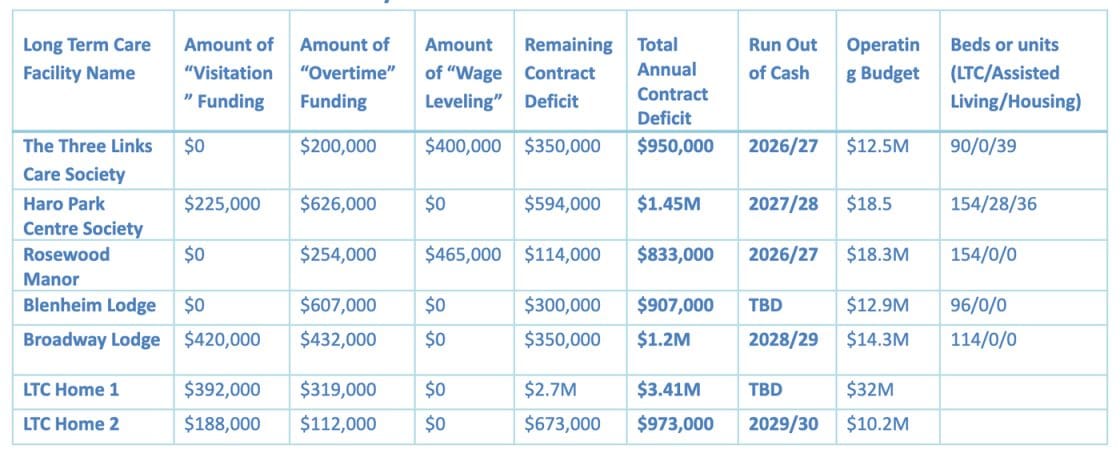 Charities are mission-driven, not profit-driven. They take on long-term care because they believe seniors deserve dignity and quality care, even when the financial model is broken. But no organization—business or nonprofit—can sustain contracts that guarantee losses year after year. Without fair funding, they are being pushed to the brink of bankruptcy.
Charities are mission-driven, not profit-driven. They take on long-term care because they believe seniors deserve dignity and quality care, even when the financial model is broken. But no organization—business or nonprofit—can sustain contracts that guarantee losses year after year. Without fair funding, they are being pushed to the brink of bankruptcy.
Every LTC facility is unique in how they made use of the pandemic related funds, but with the cuts, we are ultimately headed in the same financial direction.
Some LTC facilities are not ready to share their identities as they are still informing their stakeholders. This represents only a small sample of charities within VCH.*
What’s at Stake
- Charities operate roughly one-third of all government-funded LTC beds in B.C. (~10,000 beds)
- LTC waitlist has surged 200% over the past decade
- Average wait times have nearly doubled since 2018
- B.C. needs 16,858 more LTC beds by 2036
(Source: Office of the Seniors Advocate)
Contact for Media Inquiries
Janice Boyle
Chief Executive Officer, The Three Links Care Society
📞 778-875-4997 | 📧 jboyle@threelinks.com
Other Sector Leaders Available for Comment
Rob Gillis, CEO, Haro Park Centre
📞 604-687-5584 Ext 224 | 📱 778-888-7624 | 📧 rgillis@haropark.org
VIEW CTV NEWS SEGMENT HERE: https://www.ctvnews.ca/vancouver/video/2025/10/11/bc-ending-funding-to-some-long-term-care-facilities/



